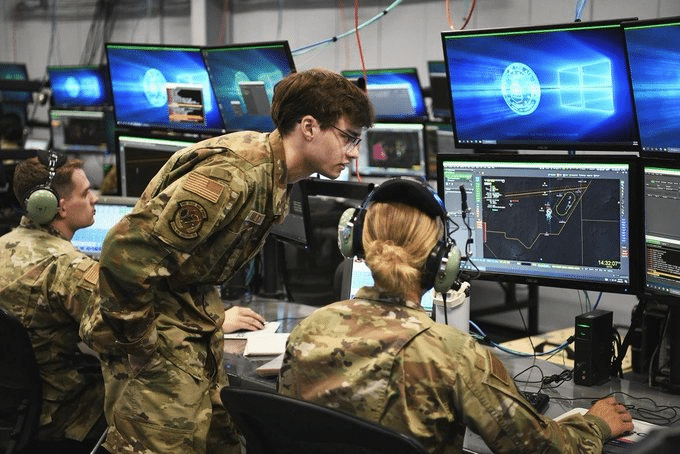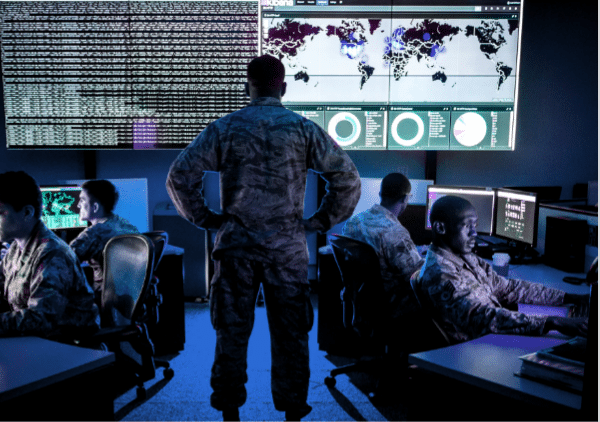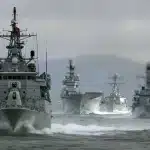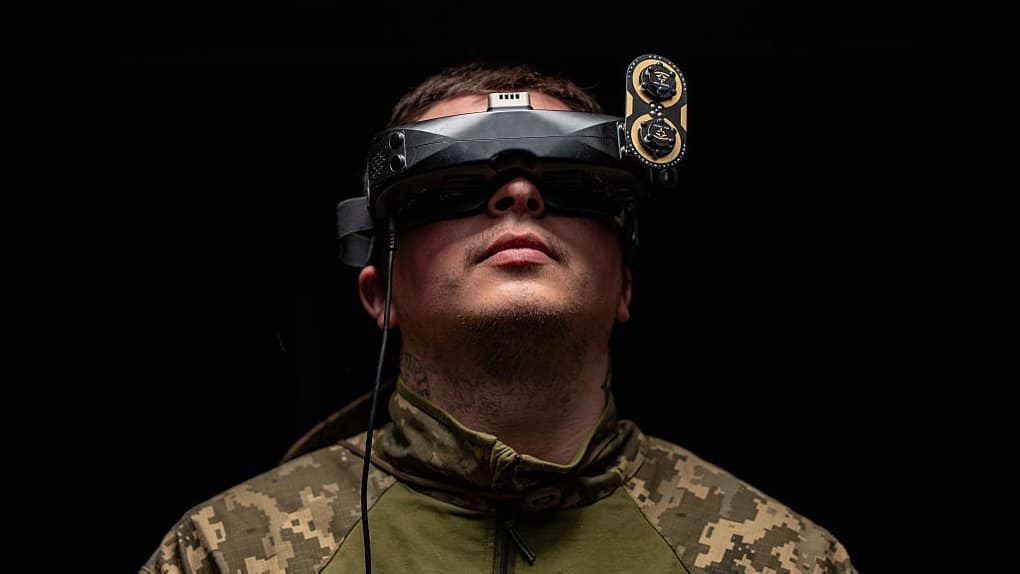Cyberspace has become an essential strategic domain for armies worldwide. Like land, sea, air and space, it constitutes an operational space in its own right, shaped by the global interconnection of computer networks, digital military systems and infrastructures.
Many countries have incorporated cyberspace into their military doctrine. The major powers – the United States, China, Russia, France, Israel, Iran and North Korea – now have dedicated cyber units, trained to conduct offensive, defensive and intelligence operations to protect against cyber threats.
- The United States created the Cyber Command (USCYBERCOM) in 2009 to oversee its digital operations. Charged with planning, coordinating and conducting military operations in cyberspace, the command works closely with the NSA (Nation Security Agency).
- China integrates its cyber capabilities into a broader doctrine known as “information warfare”. Its cyber forces are mainly organized around the Strategic Support Force (SSF), created in 2015, which brings together the space, electronic warfare and cyber capabilities of the People’s Liberation Army (PLA).
- Russia is known for its offensive use of cyberspace. Russian cyber attacks target both critical infrastructures and public opinion. Russia mobilizes state-linked groups such as APT28 (Fancy Bear), which act as intermediaries to carry out sabotage or espionage actions without officially engaging the Kremlin.
Offensive and defensive capabilities

Cyber forces carry out two main types of operation:
- Offensive operations: sabotage of enemy systems, disinformation, paralysis of command networks, attacks on energy or logistics infrastructures.
- Defensive operations: protection of military networks, intrusion detection, development of cybersecurity systems to guarantee continuity of operations.
Cyberspace also enables discreet and often hard-to-attribute action, although sophisticated operations can require significant resources.
A lever for intelligence and global influence
Cyberspace is also a strategic tool for military intelligence and information warfare.
States use it to infiltrate adversary networks, collect sensitive data, track enemy movements or disrupt public perceptions (disinformation campaigns on social networks).
This ability to influence without directly engaging fire makes it a powerful lever in modern confrontations.
International cooperation still a work in progress

Cyber threats transcend borders, making cooperation between states crucial.
Initiatives such as:
- the NATO Cyber Defense Center in Estonia,
- the Joint Cyber Defense Collaborative (JCDC) in the USA,
- or joint exercises between allied countries, though such cooperation remains limited by unequal capabilities, lack of trust in intelligence sharing, and the absence of binding international legal norms.
But this cooperation is still uneven, and disagreements persist over standards, rules of engagement and liability in the event of attack.
Cyberspace has become a central pillar of contemporary military power.
Its mastery now determines not only national security, but also global geopolitical stability.
Against a backdrop of rising tensions and widespread digitization, cyber warfare is emerging as one of the key battlefields of the 21st century, silent, omnipresent and potentially devastating.





